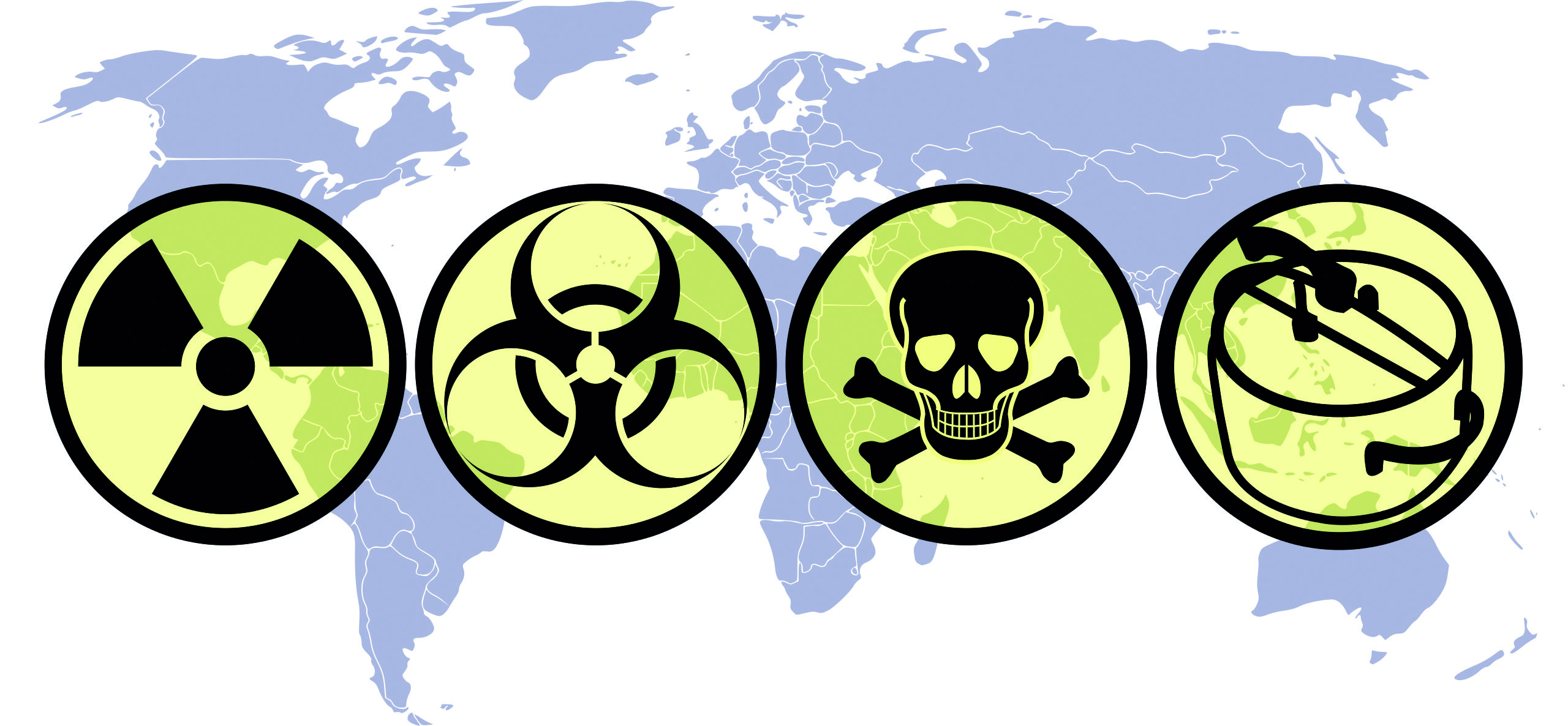The Global Terrorism Index (GTI) 2024, released by the Institute for Economics and Peace, highlights key trends in global terrorism. In 2023, terrorism-related deaths increased by 22% to 8,352 fatalities. Despite this increase, the total number of attacks decreased by 23% to 3,350, indicating fewer but more deadly incidents.
A key event in 2023 was the October 7th Hamas attack in Israel, resulting in 1,200 deaths. This was the largest terrorist attack since 9/11. Even excluding this event, global terrorism deaths rose by 5%, demonstrating the growing concentration and growing number of fatalities of terrorist activities.
Burkina Faso topped the GTI rankings for the first time, replacing Afghanistan and Iraq. The country saw a 68% increase in terrorism deaths, with nearly a quarter of all global terrorist fatalities occurring there. This shift highlights the growing threat of terrorism in sub-Saharan Africa, particularly in the Sahel region, which accounted for 47% of all terrorism-related deaths.
While Iraq and Afghanistan experienced notable declines in terrorism, sub-Saharan Africa, the Middle East, and South Asia remain the most affected regions, with over 90% of global terrorism deaths occurring in conflict zones. Notably, Islamic State (IS) remains the deadliest terrorist group, responsible for 1,636 deaths in 2023, although its global impact has been diminishing.
Despite the grim statistics, the GTI report emphasises that terrorism is not the deadliest form of violence globally—armed conflict, homicides, and suicides account for significantly higher fatalities. However, terrorism’s unpredictability and psychological toll make it uniquely disruptive, with far-reaching geopolitical consequences.
GTI 2024 Overall Results (Countries with Very High and High impact of terrorism)
- Burkina Faso
- Israel
- Mali
- Pakistan
- Syria
- Afghanistan
- Somalia
- Nigeria
- Myanmar
- Niger
- Iraq
- Cameroon
- Democratic Republic of the Congo
- India
- Mozambique
- Colombia
The GTI findings highlight the importance of robust AML/CFT frameworks to combat terrorism financing. Many terrorist groups, particularly in regions like sub-Saharan Africa’s Sahel, sustain their operations through illicit financial flows, including ransom payments, illicit trade, drug trafficking, and gold smuggling. The nexus between organised crime and terrorism is a growing concern, with terrorist organisations co-opting illegal economies to fund their operations.
In the evolving global landscape, effective AML/CFT frameworks not only safeguard businesses but are also essential in global counter-terrorism efforts. Through strategic advisory and tailored compliance solutions, businesses can navigate the complexities of terrorism financing, ensuring both legal compliance and operational security. By implementing effective financial crime compliance programmes, businesses can identify, disrupt, and prevent the flow of funds to terrorist organisations. Key areas where consulting firms add value include risk assessments to identify vulnerabilities in financial systems, enhanced due diligence on high-risk entities and regions, such as conflict zones or areas with known terrorist activity, and transaction monitoring systems that detect suspicious patterns indicative of money laundering or terrorism financing.
The GTI 2024 clearly outlines the evolving nature of terrorism, with fewer attacks but an alarming rise in fatalities. As terrorism increasingly intersects with organised crime and illicit financial networks, the importance of AML/CFT efforts cannot be overstated. Businesses, financial institutions, and governments must collaborate to disrupt the financial flows that sustain terrorist operations. Our firm is ready to support organisations in addressing these challenges and strengthening their defences against terrorism financing.
For more information, you may contact us at info@compliancemk.com.
Institute for Economics & Peace. Global Terrorism Index 2024: Measuring the Impact of Terrorism, Sydney, February 2024. Available from: http://visionofhumanity.org/resources




